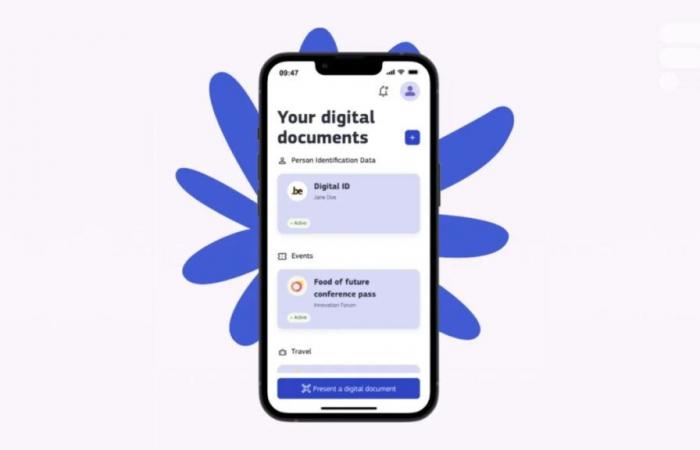
The European Union announces the adoption of a standard so that member states can move towards the unified digital wallet in Europe.
The European Union has been preparing for several years a new unified solution for our smartphones. The objective: not to depend on tech giants like Apple Pay or Google Wallet.
This Thursday, November 28, 2024, the European Commission announces that it has “ today adopted rules on the core functionality and certification of European Digital Identity (eID) wallets under the European Digital Identity Framework “. It is “ an important step towards Member States building their own portfolios and putting them into operation by the end of 2026 ».
A new reference model
How should we understand this announcement? The Commission has developed a framework to standardize the data and characteristics of a digital wallet across all EU Member States. The objective is for an application like France Idabilité to also work and be recognized in other countries, and vice versa for applications from other States.
The European Union has also agreed on the local storage of user data, for a better guarantee of privacy. There will be complete control for the user of data sharing, with a guarantee “ 0 tracking » or profiling in the wallet application.
What are the functions of the future wallet?
The European Union lists the functions proposed for this new wallet on the official project website:
- Identity card;
- Driving license ;
- Simplified online payment;
- Opening a bank account;
- Storage of diplomas;
- Storage of prescriptions;
- Storage of the European Health Insurance Card;
- Purchasing a simplified mobile plan from the smartphone;
- Contract signing using the wallet;
- Storage of train tickets, plane tickets and hotel reservations.
With all this data, it will be much easier to follow procedures abroad such as requesting the rental of a car or having your age verified.
The European Union has two more years to develop and deploy these digital wallets in its member states.
France





